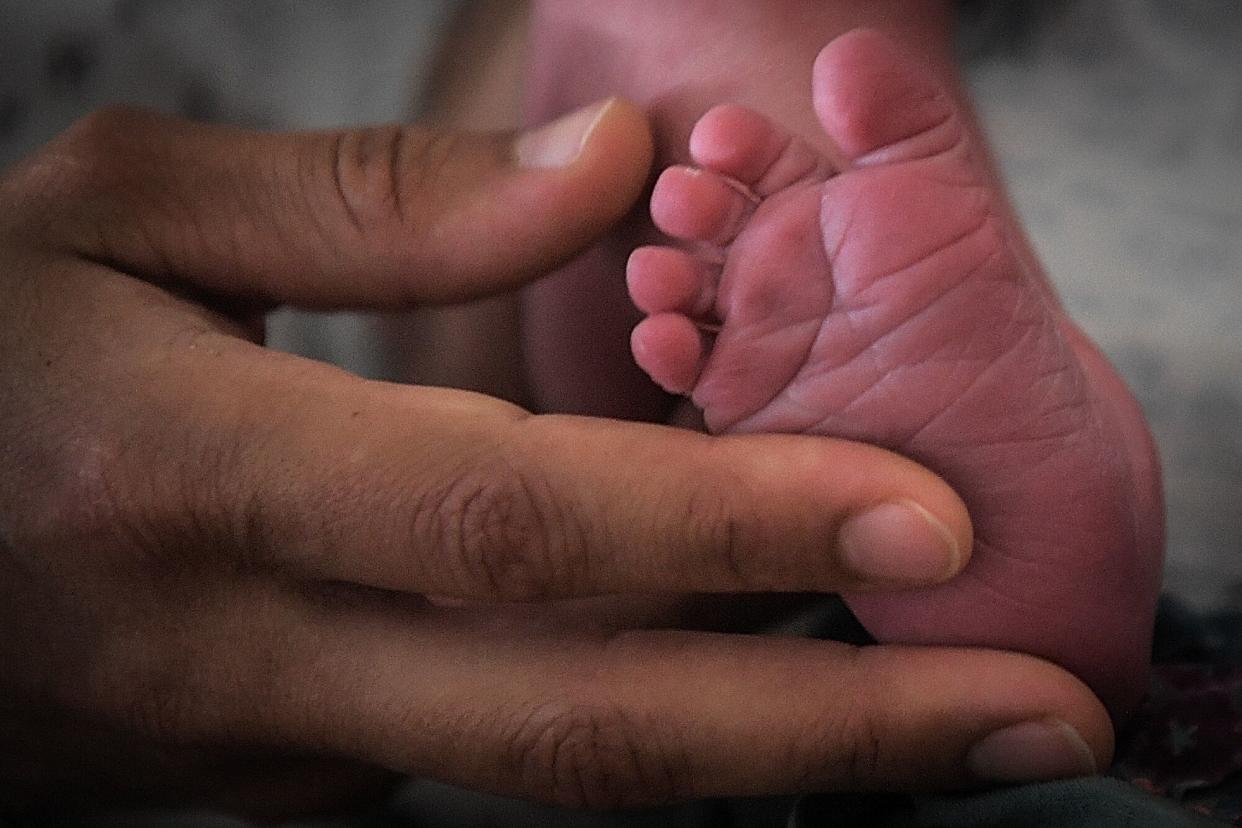Thailand Takes Steps to End Ban on Surrogacy Services for Foreign, Same-Sex Couples

(Bloomberg) -- Thailand plans to end a near-decade old ban on foreigners availing commercial surrogacy services to boost medical tourism, and may allow gay and lesbian couples to have access to the services once the country legalizes same-sex marriages later this year.
Most Read from Bloomberg
Trump Sues Truth Social Company Co-Founders to Zero Them Out
A Million Simulations, One Verdict for US Economy: Debt Danger Ahead
Trump Got His $175 Million Bond From a Billionaire Fan’s Company
The Health Ministry is preparing to submit a revision to a law that bans surrogacy for foreigners to parliament’s as early as July, according to Arkhom Praditsuwan, deputy director-general for the ministry’s Department of Health Services Support. It will be the first amendment since the ban was introduced in 2015 following a public outcry over an Australian couple abandoning a baby born with Down syndrome.
“The revision is aimed to make it fair for all Thai couples, no matter what sexual preferences they have,” Arkhom said in an interview last week. “The lifting of the ban also takes into account the rising demand for surrogacy services. This will support medical tourism, generating more income for the country.”
The move to reintroduce commercial surrogacy is aligned with a slew of other measures planned to cement the nation’s credentials as a tourism hub and make it an attractive destination for gay and lesbian couples. Thailand is on course to become the first country in Southeast Asia to legalize same-sex marriage, and the House of Representatives last week voted in favor of a study by a panel to allow legalizing casinos housed within large entertainment complexes.
Once the parliament endorses changes to surrogacy rules, Thai LGBTQ couples will be able to access such services if the bill to recognize same-sex marriage has already become law, Arkhom said. Still, extending the same access to foreigners might take a while as authorities will need to fine-tune the rules to make it fair for the new-born babies, he said.
“It’s not an easy job to draft up rules for foreign couples as they involve a lot of complicated issues as well as laws in other countries that the babies will live in later,” Arkhom said. “The main objective of the law is to protect the babies. We can’t let them come to this world without any rights. They are human-beings, not dolls for their parents.”
Under the current law, formally known as the Protection for Children Born through Assisted Reproductive Technologies Act, surrogacy services users must be Thai, or at least one partner must be Thai.
Prime Minister Srettha Thavisin is focused on converting Thailand to a regional hub for medical tourism and wellness. Adding surrogacy to affordable cosmetic and gender-change surgeries and fertility treatment may help draw high-spending tourists and bolster the nation’s sluggish economy. The country offers one-year multiple-entry visas to people seeking medical treatment.
The government is also changing laws to extend access to reproductive technology to local young men and women who are keen to have children but have no partners as Thailand faces a decline in birth rates reaching a seven-decade low. Thailand’s population could shrink by half to 33 million over the next 60 years if no urgent measures are taken, according to the health ministry.
Most Read from Bloomberg Businessweek
©2024 Bloomberg L.P.


